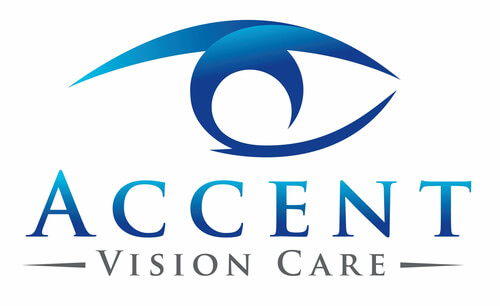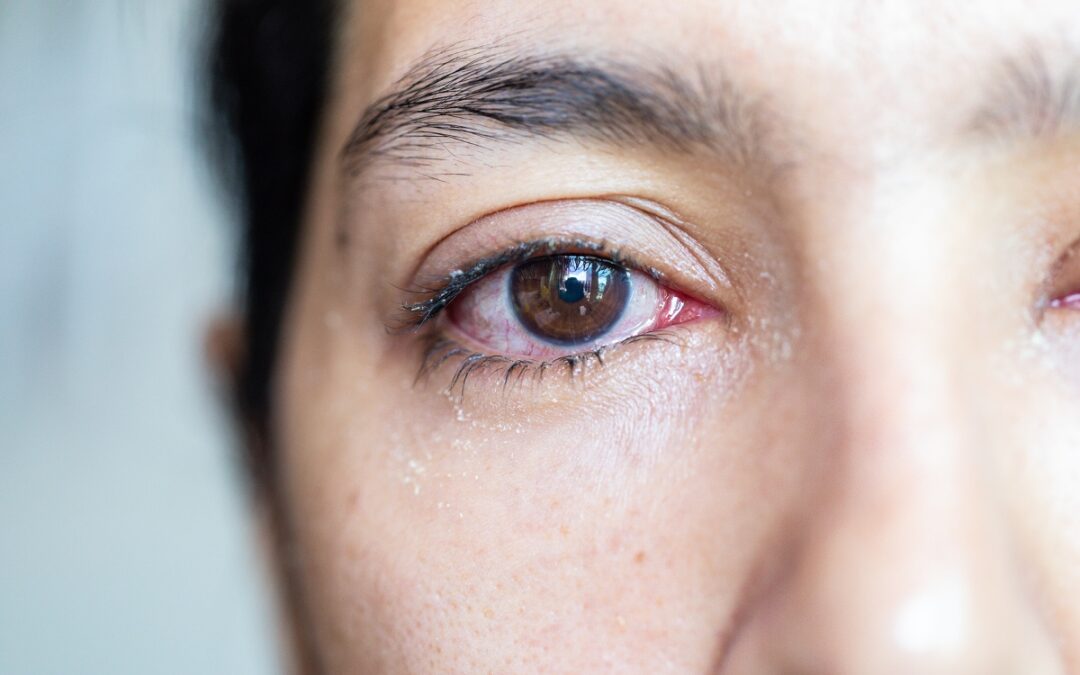February is Age-Related Macular Degeneration Awareness Month, and it’s important to understand what this eye condition is and how it can be treated. Age-related macular degeneration or AMD is a serious eye disease that results in blurred or reduced central vision. AMD affects the macula, which is the part of the retina responsible for sharp central vision and color perception. Without treatment, AMD can cause severe vision loss over time.
Types of AMD
There are two types of age-related macular degeneration—dry AMD and wet AMD.
Dry AMD
Dry AMD occurs when small yellow deposits called drusen form beneath the retina. These accumulations can cause vision loss as they grow larger over time. Dry AMD is much more common than the wet form and develops gradually over years.
Wet AMD
The wet form of AMD occurs when abnormal blood vessels form underneath the retina and leak fluids or blood into the macula. While less common, this type occurs suddenly and causes faster vision loss. Fortunately, wet AMD can be treated if caught quickly.
Risk factors for developing AMD
Age is the biggest risk factor for AMD. The older you get, the more likely you are to develop the condition with individuals 50 or older having the highest risk. Other risk factors for AMD include:
- Family history of AMD
- Smoking
- Obesity
- Being Caucasian (people with lighter skin tones have an increased risk)
People who spend a great deal of time outdoors without proper sun protection may also be at greater risk due to exposure to ultraviolet light.
Signs to look out for
The most common symptom of AMD is blurred vision. Other signs include dark spots in your field of view, straight lines appearing wavy or curved, changes in color perception, and difficulty recognizing familiar faces. AMD doesn’t cause complete blindness, but it can make everyday tasks difficult like reading, driving, or doing close-up work like cooking or fixing things around the house.
If you experience any sudden changes in your vision, you should contact an eye doctor immediately to schedule an eye exam.
Treatment options
There are currently no treatments available for dry AMD. However, if caught early enough, taking nutritional supplements such as lutein/zeaxanthin capsules may help slow down the progression of the disease.
For wet AMD, the most common and effective treatment for slowing down vision loss is anti-VEGF injections. These medicines slow or stop damage caused by abnormal blood vessels, but they cannot reverse vision loss that has already occurred. Other treatment options for wet AMD include laser surgery and photodynamic therapy.
If you are experiencing any symptoms of AMD, be sure to contact us at Accent Vision Care in Gonzales, Louisiana. We can help you manage the condition and lower your risk of vision loss.




